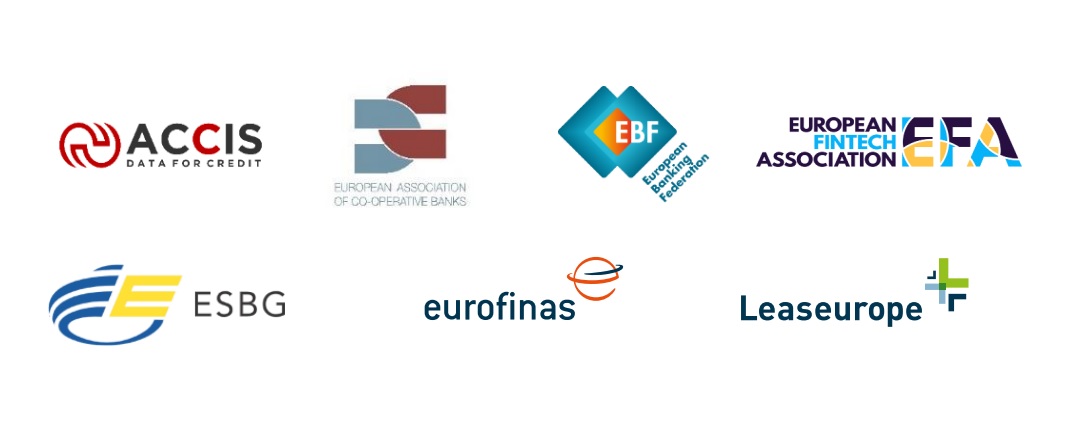
The European Baking Federation (EBF), together with the Association of Consumer Credit Information Suppliers (ACCIS), the European Association of Co-operative Banks (EACB), the European Fintech Association (EFA), the European Savings Bank Group (ESBG), the European Federation of Finance House Associations (Eurofinas), and the European Federation of Leasing Company Associations (Leaseurope) have published a joint industry statement regarding the definition of artificial intelligence in the Artificial Intelligence Act.
With this statement the co-signatories aim to draw the co-legislators’ attention to the need to safeguard ongoing credit scoring operations from potential disruptions caused by pending technical details around the agreed definition of “artificial intelligence systems”, following the political agreement on the AI Act last December and in view of the finalization of the technical level work on the text.
Therefore, the associations co-signing this statement emphasize the necessity for amending the relevant recital on AI systems, to ensure legal clarity and distinguish between AI and traditional techniques when the latter are used in isolation.
Traditional credit scoring techniques stand apart from artificial intelligence
It is important to understand that creditworthiness assessments rely on credit scores, predominantly crafted using traditional and straightforward statistical techniques, including logistic regression, and decision trees, among others. These statistical techniques, utilised and effectively supervised for decades in credit scoring, are rule-based, using predefined algorithms. They lack the dynamic learning capabilities associated with true artificial intelligence and are designed to be transparent and explainable.
Traditional credit scoring techniques stand apart from artificial intelligence for distinct reasons:
It is crucial not to label these traditional techniques as artificial intelligence when used in isolation (1). Recognising this distinction is vital for ensuring a healthy, sustainable and vibrant financial services sector that benefits consumers while offering them a high level of protection of their fundamental rights.
See here the join statement on the AI definition including the industry recommendation
_______________
(1) The European Central Bank has stated that creditworthiness assessments models which leverage on the standalone use of traditional, relatively simple statistical techniques such as linear or logistic regression or decision trees under human supervision are not risky. The European Banking Authority’s report on machine learning for internal ratings-based (IRB) models expresses a similar viewpoint.
The European Banking Federation is the voice of the European banking sector, bringing together national banking associations from across Europe.
Banking 4.0 – „how was the experience for you”
„To be honest I think that Sinaia, your conference, is much better then Davos.”
Many more interesting quotes in the video below: